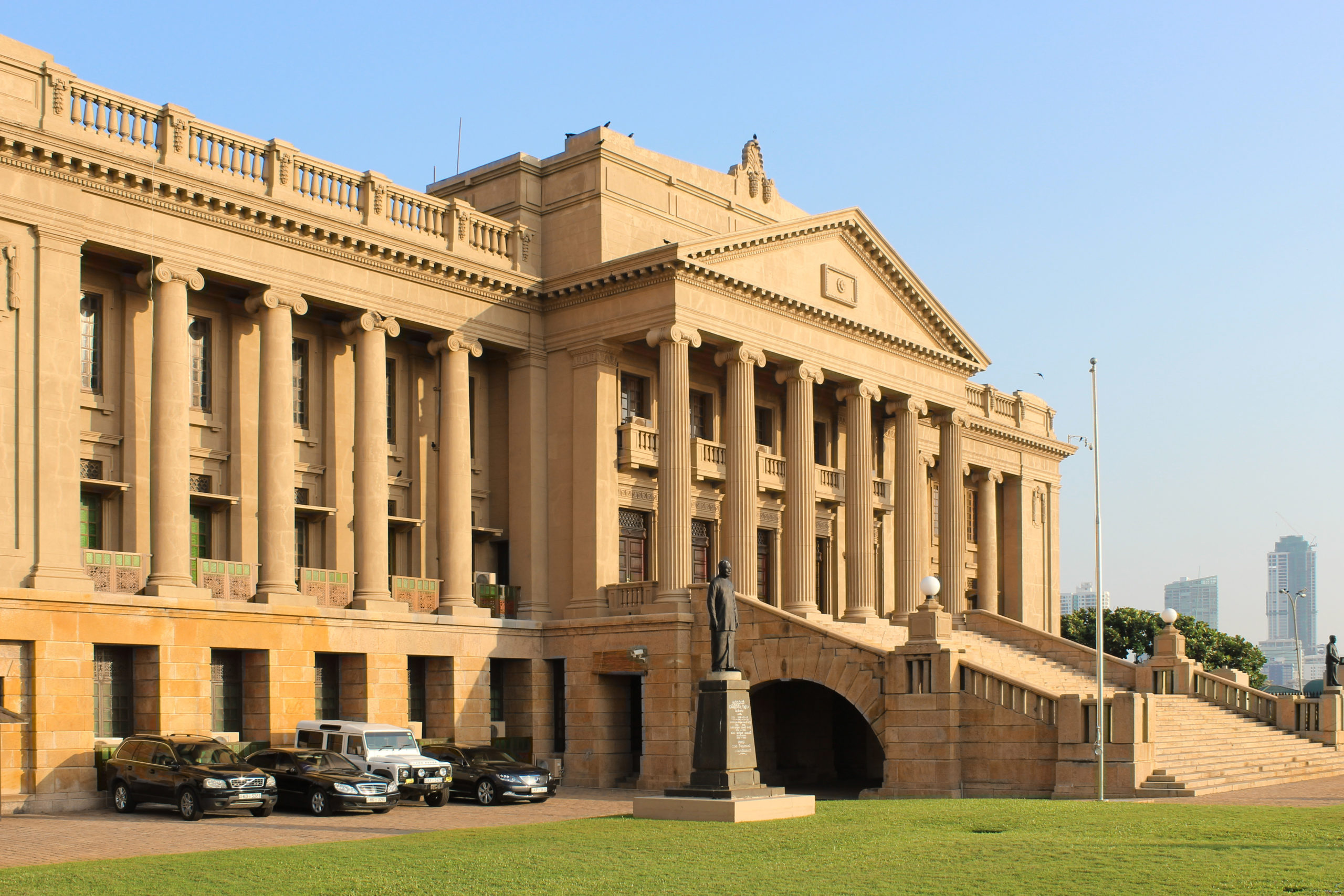The Sri Lankan Parliament should reject the ‘22nd Amendment to the Constitution Bill’ and, instead, should amend the Constitution to remove the President’s unfettered authority, said the International Commission of Jurists (ICJ) today.
“Sri Lankans are demanding an accountable government in light of the blatant mismanagement and nepotism that has led in part to the country’s unprecedented economic crisis,” said Sam Zarifi, ICJ’s Secretary General.
The ICJ is concerned that Sri Lanka’s present constitutional arrangements do not appropriately apportion governmental powers consistent with the rule of law and the separation of powers because they endow the presidency with an excessive concentration of authority. Notwithstanding what its proponents say, the 22nd Amendment Bill fails to restore Constitutional checks and balances, and does not curb the President’s excessive powers.
“The proposed amendments are merely cosmetic as they do not make any substantive changes to the President’s powers. Protests have called for the curbing of excessive powers granted to the President, but under the 22nd Amendment Bill, instead, the President continues to retain many of his powers,” Zarifi said.
A former version of the 22nd Amendment Bill was gazetted on 29 June 2022 following Cabinet approval. An updated draft, dated 29 July 2022, has since been made available. If passed by Parliament, it would reduce some of the authority hastily granted to the President by the 20th Amendment in 2020. However, the updated version of the 22nd Amendment Bill falls short of President Ranil Wickremasinghe’s undertaking, upon taking office, to re-introduce the 19th Amendment to the Constitution, which guaranteed significant checks on Presidential powers.
The 20th Amendment had introduced a Parliamentary Council that could only make observations on appointments to ‘independent’ Commissions, as well as to judgeships on the superior courts and as State officials, such as the Attorney General and Auditor General. In any event, the Parliamentary Council’s observations were merely advisory, and ultimately the President had unfettered discretion in making these appointments.
The 22nd Amendment Bill proposes the re-establishment of a Constitutional Council that would provide recommendations to the President on appointments to independent commissions and if the President fails to make the appointments within 14 days the recommended appointments would become operational. The Constitutional Council is to have 10 members consisting of: the Prime Minister; the Speaker of Parliament; the Leader of the Opposition in Parliament; one Member of Parliament chosen by the President; one Member of Parliament chosen by the Parliamentarians belonging to the ruling party; one Member of Parliament chosen by Parliamentarians of the main Opposition party; one Member of Parliament proposed by the smaller parties in Parliament; and three persons nominated by the Speaker of Parliament in consultation with the Prime Minister and the Leader of the Opposition by agreement of the majority of Members of Parliament.
“In the proposed Constitutional Council, the government has control over the appointment of a majority of members. Such a Council cannot be considered independent or capable of appointing independent commissions,” said Zarifi.
The 22nd Amendment Bill also provides that the President should hold the Defence Ministry and that he can further assign to himself any other portfolio and function on the advice of the Prime Minister. While this is a slight improvement over the current system, in which the President can and, in fact, has held multiple Cabinet posts, it still fails to address the excessive concentration of authority under the presidency. For example, former President Gotabhaya Rajapaksa brought within the Defence Ministry, which he headed, many departments and institutions that should not be conjoined with that Ministry, including the Department of Registrations, the Telecommunications Regulatory Commission, and the NGO Secretariat.
Furthermore, the 22nd Amendment Bill does not do away with the President’s power to dissolve Parliament after two and a half years since the parliamentary elections or within that period if requested by a simple majority of Parliament.
The 22nd Amendment Bill seeks to bring back the requirement that the President appoint Ministers, Deputy Ministers upon the Prime Minister’s advice, and would terminate the presidential authority to remove the Prime Minister or other Ministers at will. However, the Bill would allow the President to appoint all Ministerial Secretaries at his discretion.
“The current imperial presidency has been proven a disaster for the economy and the rule of law in Sri Lanka, and this system must be changed to bring back checks and balances — but unfortunately the proposed 22nd Amendment Bill is insufficient to the task. Sri Lanka deserves and demands a return to balanced Constitutional rule,” Zarifi said.





